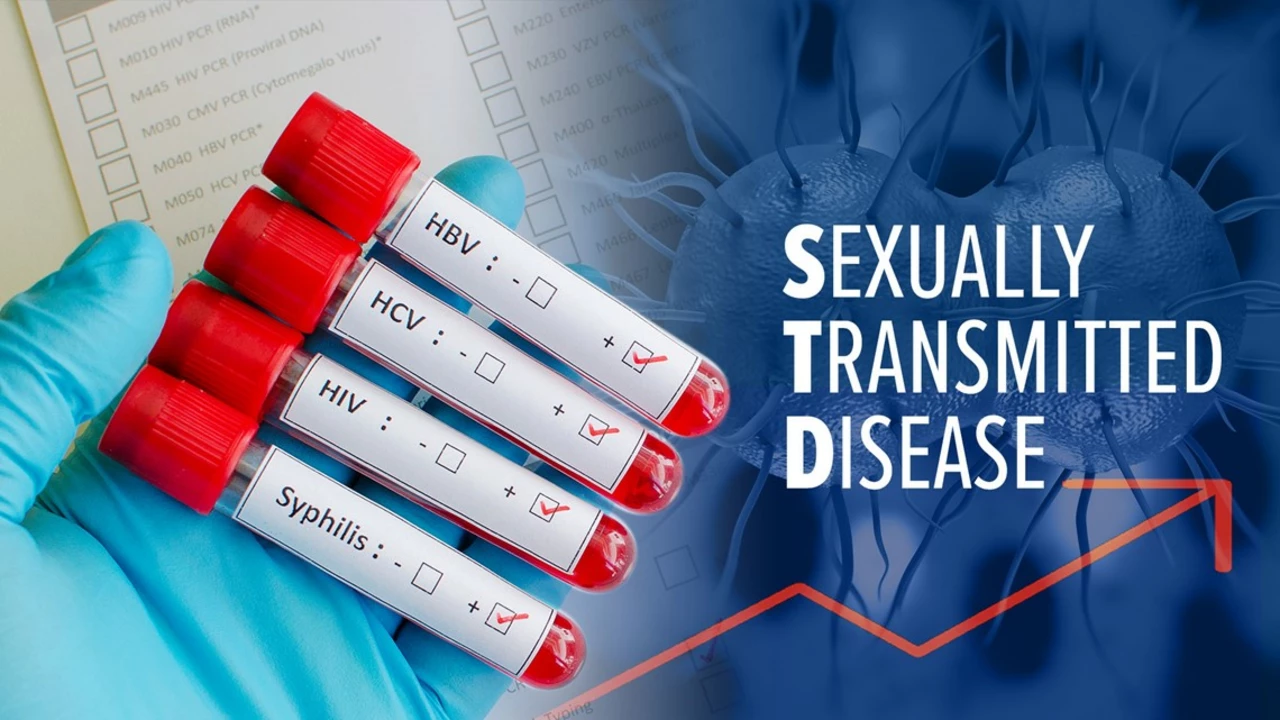Sexually Transmitted Infections: What You Need to Know Right Now
Most STIs don’t shout their presence. You can feel fine and still have one. That’s why knowing symptoms, getting tested, and acting fast matters more than guessing or hoping it goes away.
Common STIs include chlamydia, gonorrhea, syphilis, HPV, herpes, HIV, and trichomonas. Some are bacterial (often cured with antibiotics), some are viral (managed with antivirals or vaccines), and a few need ongoing monitoring. Symptoms vary: unusual discharge, painful urination, sores, rashes, or no signs at all.
Testing and early treatment
Get tested if you have symptoms, start a new relationship, or have unprotected sex. Regular screening is smart: annual tests are standard for sexually active people, and some groups need testing more often. Tests include urine samples, swabs, and blood work—your clinic will tell you what suits your situation.
If a test is positive, follow the treatment plan exactly. Bacterial STIs usually clear with prescribed antibiotics; viral STIs often need antiviral meds and lifestyle steps to reduce flare-ups. Tell recent partners so they can get tested too—partner notification stops reinfection and reduces spread.
Simple ways to prevent STIs
Condoms work. Use them consistently and correctly for vaginal, anal, and oral sex. Vaccines protect against HPV and hepatitis B—ask your provider if you’re eligible. For people at high risk of HIV, PrEP is a daily pill that cuts the chance of infection dramatically when taken as prescribed.
Limit the number of sexual partners, avoid sex while under the influence of drugs or heavy alcohol, and get into the habit of honest conversations about testing and status before intimacy. Regular checkups make prevention routine, not a crisis.
Worried about privacy or cost? Many clinics offer confidential or low-cost testing. Some communities have free test days. If you use online pharmacies or telehealth, pick services with clear licensing and good reviews; our site has guides on safe online medication shopping and reliable HIV treatment options.
If you test positive and are prescribed medication, finish your full course even if you feel better. Return for follow-up testing if recommended—some infections need a test-of-cure. If symptoms are sudden or severe (high fever, heavy bleeding, severe pain), seek care right away.
Talking to a partner can feel awkward, but quick, honest communication avoids mystery and blame. Say what you know, what you did next, and encourage testing. Clinics can help with scripts or anonymous notification tools if you prefer.
Stay informed. New treatments, resistance patterns, and vaccine recommendations change. For clear, up-to-date articles on HIV meds, safe online pharmacies, and STI treatment basics, check our site’s health guides. Small actions—testing, condoms, vaccines—protect you and the people you care about.
- Colin Hurd
- May, 14 2023
- 12 Comments
Addressing the Global Epidemic of Sexually Transmitted Infections
As a blogger, I feel compelled to address the alarming global epidemic of sexually transmitted infections (STIs). It's crucial to spread awareness about the importance of early detection, treatment, and prevention methods to combat this growing issue. Encouraging open and honest conversations about sexual health and safe practices can help break the stigma surrounding STIs. We must also advocate for comprehensive sexual education and accessible healthcare services for everyone. Together, we can create a healthier, more informed society and effectively tackle this pervasive problem.

